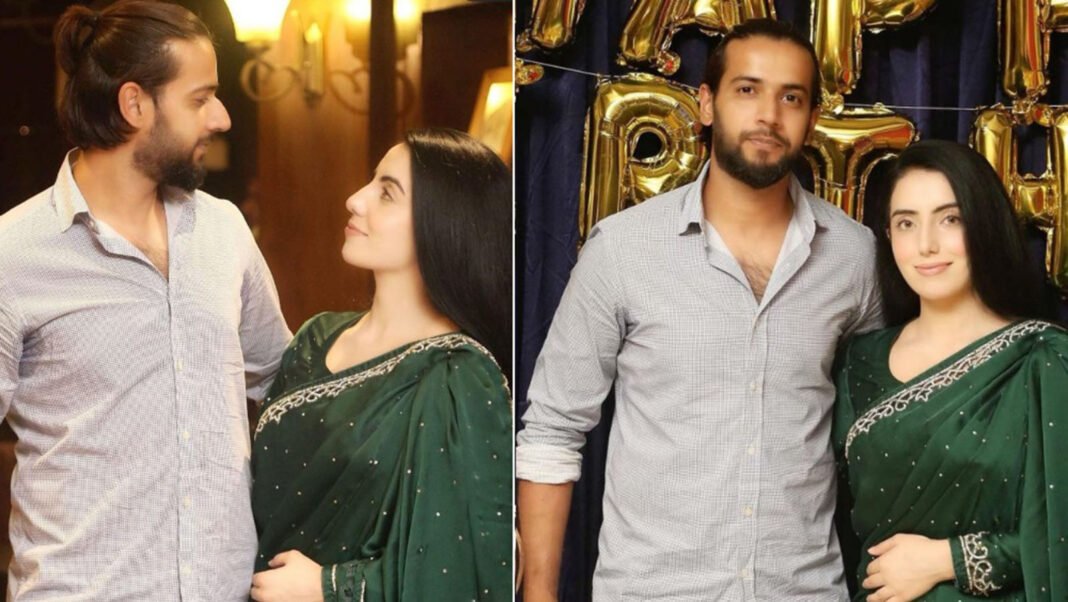In the tourist state of Himachal Pradesh, India, two brothers from the Hati tribe married the same woman and the ceremony was attended by hundreds of people.
According to Indian media reports, two brothers from the Hati tribe married the same woman in the village of Shilai in Himachal Pradesh and the wedding ceremony, which was held under the custom of having more than one husband, was attended by hundreds of people from the area.
The report said that the bride Sunita Chauhan and the grooms Pradeep and Kapil Negi said that they decided to get married without any pressure.
The wedding ceremony in the Transgiri area of Sarmore district featured local folk songs and dances. The wedding ceremony began on July 12 and the celebrations continued for three days and videos and photos of the wedding went viral among social media users in India.
According to Indian media, this custom has been justified under the revenue laws of Himachal Pradesh and has been named Jodeedara. In the last 6 years, 5 such marriages have taken place in the village of Budhana in Transgiri district.
The bride Sunita belongs to the village of Kanhat and regarding the marriage, she said that she was aware of this festival and made her decision without any pressure and respects the relationship that has been formed.
The groom Pradeep belongs to the village of Shilai and he is a government employee and his younger brother Kapil is working abroad.
Pradeep said that we have followed the tradition openly and we are proud of it, it was a joint decision. Kapil said that he lives abroad but through this marriage we are ensuring our wife’s support and love under a united family and we believe in transparency.
Pradeep and Kapil belong to the Hati tribe, which is located on the border of Himachal Pradesh and Uttarakhand and was declared a Scheduled Tribe three years ago.
The tradition of a woman having more than one husband in the said tribe had been going on for centuries, but after the education and economic development of the women of the tribes living in the region, the tradition of women having more than one husband died out.
The elders of the said village said that such marriages are done secretly and are accepted in the society, but their number is small.
Experts said that one of the reasons for the practice of such marriages is to prevent the division of ancestral lands, as the issue of tribal women’s share in ancestral property is still a major dispute.
According to the report, the Hati tribe consists of about one lakh people who live in 450 villages in Transgiri of Samur district and in a few villages the custom of more than one man having only one wife still exists.
Similarly, this tradition was also found in the Jaunsar Babar region of Uttarakhand and the tribal district of Kannur in Himachal Pradesh.
Kundan Singh Shastri, general secretary of the central organization of the Hati tribe, Kandriya Hati Samiti, said that this tradition was started thousands of years ago to save the agricultural lands of the families from further division.
He said that the second reason for such marriages is to promote brotherhood and to maintain a joint family by marrying two or more brothers born from different mothers to one woman.
The third reason, he said, is security. If the family is large where there are more men, you are considered more secure in the tribal society and this also helps in managing the agricultural lands spread over the hilly areas because these lands require long-term surveillance and agriculture.
Shastri said that due to the needs of tribal families, the system of having more than one wife among more than one brother started thousands of years ago, but these traditions are decreasing over time.
The tribal tradition of the said region of India is also called Jajda, in which the bride and groom bring the bride to their village in the form of a procession and a ritual known as Senj is performed in the groom’s house.
In this ritual, the Pandit sprinkles water on the bride and groom, sings a bhajan in the local language and finally offers them sweets and prays for the success of their marriage.


